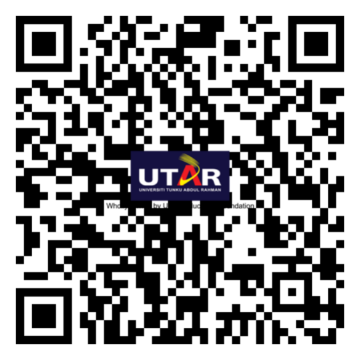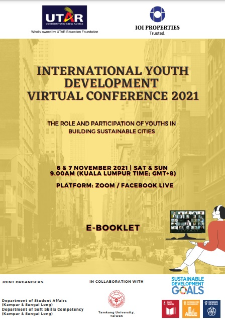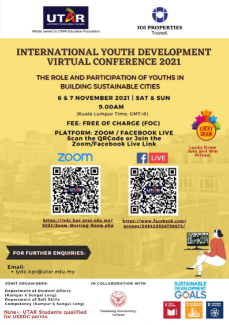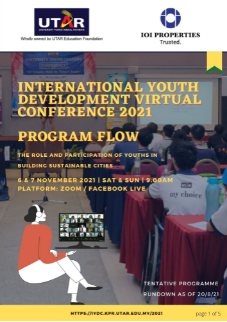Cities, as dense sites of heightened interaction between
diverse groups, often exhibit in concentrated form the tensions of poverty,
inequality, and exclusion. Within the urban context, the Sustainable
Development Goals (SDGs) as well as New Urban Agenda (NUA) aim to solve issues such
as discrimination, unequal public space access, higher risk for the spread of
communicable disease, disparities in education access, poverty, and
hunger. If scaled-up, successful urban projects and policies have the
potential to improve the lives of many, of whom a significant proportion are
children and adolescents. Additionally, urban diversity provides a population
with a wide range of backgrounds that could provide crucial perspectives in
strategizing effective solutions that address the context of lived experience.
The power of voice is central to personal agency.
Involving youths in the innovation of a new urban design that improves
residents’ quality of life is essential not only to holding the urban spatial
and social systems accountable for their role in reinforcing disparities of
income, safety, health, opportunity, education, and housing, but also to
fostering a generation of active participants in building a sustainable future
with the resources to pass on an even better future to their own children.
By 2050, it is estimated
that around 68% of the world’s population will live in cities and urban areas.
It is already evident in the Asia and Pacific region that the number of urban
dwellers are growing year on year as people migrate to cities to study, work
and live. It is also apparent that the region is currently experiencing a youth
bulge, where there’s a vast and growing population of young people (between the
ages of 18-30), primarily in low and middle income countries. The youth
population of Asia and the Pacific is now estimated at 1.1 billion, which
accounts for around 60% of the total population.
Hence, young people are
active partners for the realization of the SDGs especially as they are
recognized as important partners in the United Nations’ New Urban Agenda (NUA)
that aims to make cities and human settlements inclusive, safe, and resilient
(SDG 11). In addition, the Sendai Framework for Disaster Risk Reduction and the
Compact on Young People in Humanitarian Action recognize young people as key
partners in advancing resilience to ensure disaster preparedness, reduce risks
when disaster strikes and as key contributors in all phases of humanitarian
response. Young people continuously identify emerging issues, offer solutions,
and support evidence-based action to accelerate progress on the 2030 Agenda for
Sustainable Development.






